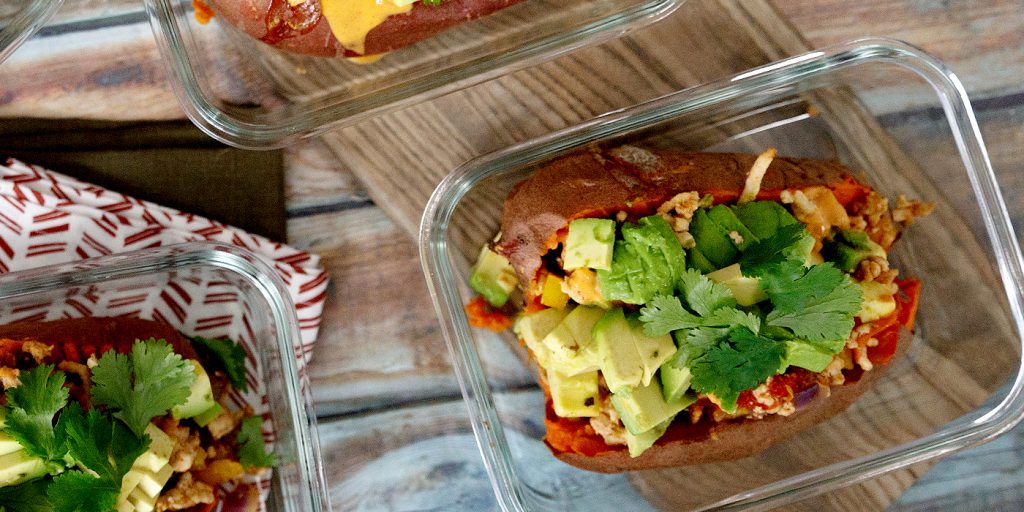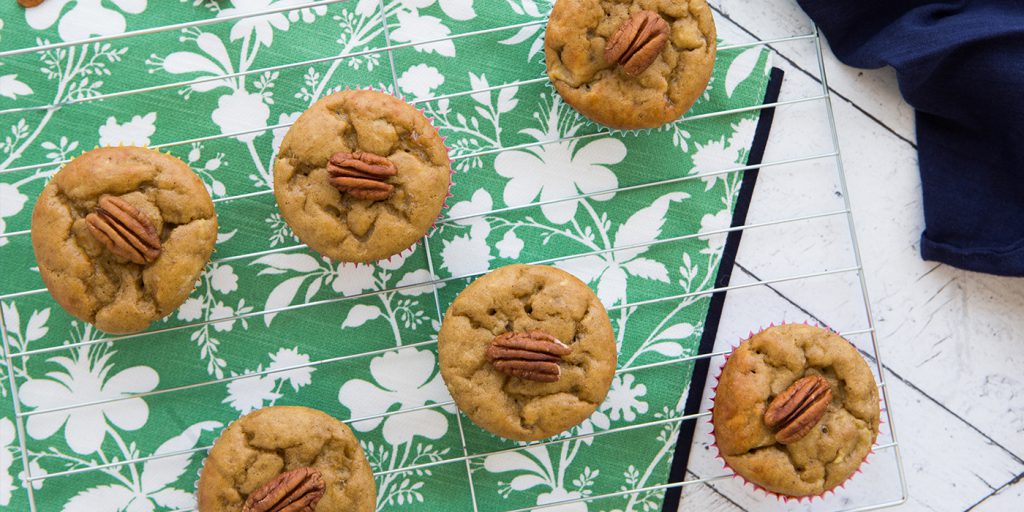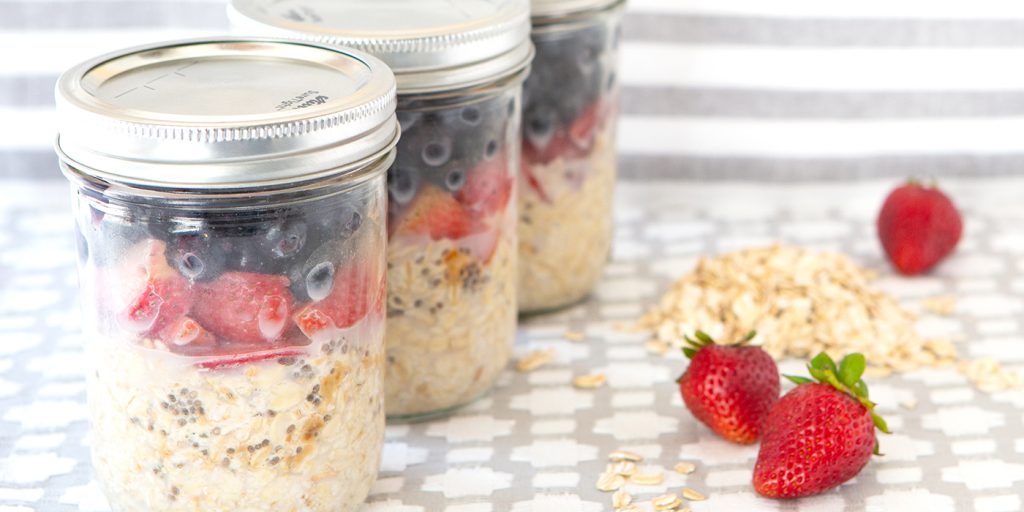High protein, low carb, Atkins, keto, paleo — what do they all have in common? Over the last few years they’ve been hailed as the answer to quick weight loss because they exclude carbohydrates. But are carbs really the cause of weight gain?
The internet tends to criticizes carbohydrates and cites them as the cause of weight gain and obesity. Pasta, bread, potatoes – you’d be forgiven for thinking that they are the enemy. “Carbs are bad” seems to be the message.
However, that’s not necessarily true.
‘The vilification of carbohydrates is one of the greatest modern tragedies. Not only are they essential for fueling our brain, and provide an easily obtainable form of energy, but they are sodding delicious,” says Eve Simmons, co-editor of Not Plant Based and author of Eat It Anyway
Carbohydrates are a combination of starch, sugars and fiber that when broken down, provide energy for the body. Energy is essential for keeping our bodies functioning.
Not eating enough carbohydrates or balancing your diet with other nutrients can potentially cause hypoglycemia, bone density loss, muscle loss, fatigue, and fertility issues.

How Carbohydrates Work
When you eat carbohydrates, your body breaks them down into simple sugars, which are absorbed into the bloodstream. As sugar levels rise in your body, the pancreas releases the hormone insulin, which moves sugar from the blood into the cells, where it can be used as an energy source.
When you eat simple sugars, like white bread, white sugar, white rice, and some fruits, this process happens quickly. These simple carbohydrates are great for just before or during training, when you need a quick boost of energy. However, eating too many simple sugars and not balancing them with regular exercise can indeed lead to weight gain and type 2 diabetes.
Complex carbohydrates such as whole grain bread, sweet potatoes and oats take a longer time to absorb, digest and metabolize. They break down more slowly and maintain your blood sugar levels, which puts less stress on your pancreas to produce insulin. Whole grains are where the majority of your carbohydrate intake should come from.
The Benefits of Carbohydrates
Your body needs fiber, and carbs are the main source of fiber. Fiber plays a crucial role in regulating cholesterol, supporting your digestive system and providing your body with energy. A low-fiber diet can lead to constipation and heart disease, among other complications. High fiber foods include fruits, vegetables and whole grains.
Carbohydrates are also essential for training, described as “an indispensable energy source for high-intensity performance” in Nutrition Today. This study found that eating carbohydrates during sports can help improve endurance capacity and exercise performance.

Do Carbs Cause Weight Gain?
Yes and no. To gain weight, you need to consume significantly more calories than you burn, and those calories can come from carbohydrates. For example, if you enjoy a delicious piece of chocolate cake every night after dinner, you may feel your pants fitting tighter.
However, it’s not the cake that’s causing the weight gain, it’s the calories. You can gain just as much weight eating an avocado every night for dessert, even though avocados are high-fat, low-carb and keto-friendly.
Carb-heavy foods also tend to include a lot of calories. Many people don’t think to portion control their carbs, which can lead to weight gain as well.
For example, a recommended serving of spaghetti is 1/2 a cup, which contains roughly 110 calories—we know, who really eats 1/2 a cup of noodles on pasta night?
Pasta lovers generally eat closer to two cups of pasta in one sitting, which puts you at almost 500 calories before the sauce is even involved.
To compare, a 4 oz skinless chicken breast contains about 185 calories —and it’s easier to stop at one chicken breast than a bowl of saucy spaghetti.
‘There is nothing unique about carbohydrates that automatically makes an individual gain weight the second they eat them,” says Pixie Turner, a Registered Associate Nutritionist (ANutr) behind the website Plant Based Pixie, and the author of The No Need To Diet Book.
“Humans, being omnivores, can survive and even thrive on a whole range of different ways of eating, and for many people, eating sources of complex carbohydrates such as grains several times a day can help them feel full, feel satisfied, and have productive social lives.”

So Why Do Low Carb Diets Work?
Cutting carbs is a simple way to reduce your calorie intake, which leads to quicker short-term weight loss.
Eating low carb can also remove highly processed, packaged foods from your diet, motivating you to eat cleaner in most cases. This, of course puts you on a faster track to weight loss.
However, it’s entirely possible to eat an unhealthy low-carb diet as well. Pork rinds, bacon and certain protein bars are considered acceptable on some high-fat, low-carb diets, however, when eaten on a regular basis and without regimented exercise can skyrocket your cholesterol and increase your BMI.
“We know from research on low-carb vs low-fat diets that both are equally effective in producing short-term weight loss in the population, but both are equally ineffective long-term on a population level. Which makes sense, seeing as it would be weird if humans, who live in many different climates, all needed to eat the same way,” Turner adds.


